FASD Services
Supporting the search for the most suitable services
To Register
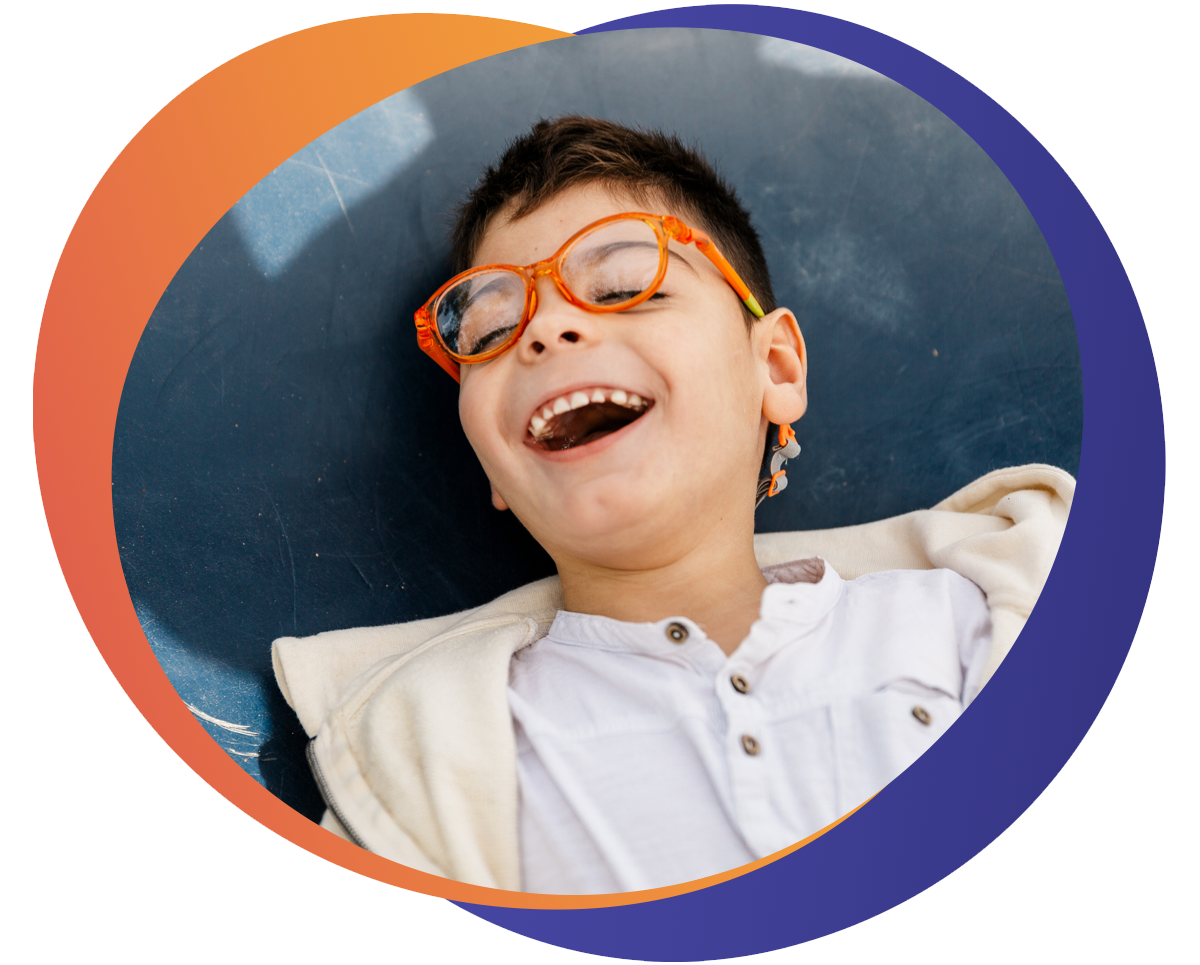
Fetal Alcohol Spectrum Disorder (FASD) describes the range of effects that can occur in an individual exposed to alcohol before birth. These effects include a wide range of physical, intellectual and neurobehavioral deficits. With the right support and early interventions, good outcomes across a range of life goals are more likely to be achieved. Our FASD Services provide individuals and their families and caregivers a circle of care through the help of healthcare professionals and service providers to achieve the best outcome possible.
CHILDREN & YOUTH SERVICES
FASD Diagnostic Services
Offers diagnosis, assessment reports, recommendations and support plans to children 6-18 who may have Fetal Alcohol Spectrum Disorder (FASD).
FASD Service Coordination
Helps people with Fetal Alcohol Spectrum Disorder and caregivers navigate programs and services and understand the impact of the disorder.
ADULT SERVICES
FASD Diagnostic Services
Offers diagnosis, assessment Offers diagnosis, assessment reports, recommendations and support plans to adults 18+ who may have Fetal Alcohol Spectrum Disorder (FASD).
Services for Partners and Organizations
If you are an organization that is interested in offering this service to your clients, you can access FASD Diagnostic fee-for-service offerings through our Services for Partners and Organizations.
Ready to Register?
“Our daughter and son were exhibiting some challenging behaviours and knowing that their biological brother had been diagnosed with Fetal Alcohol Spectrum Disorder (FASD), we decided to get our children assessed. It was important for us to fully understand our children’s unique needs so that we could provide them with the best care and environment in which they could both thrive. That’s why we reached out to Surrey Place’s FASD diagnostic services for assessment. The team, led by Dr. Minowa, was warm and friendly, making the experience very positive. Their testing was… READ MORE
Mary D.
Why Choose Us?
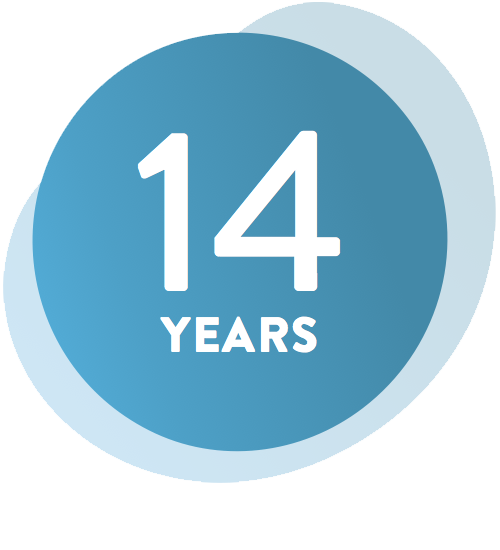
FASD diagnostic clinic since 2007
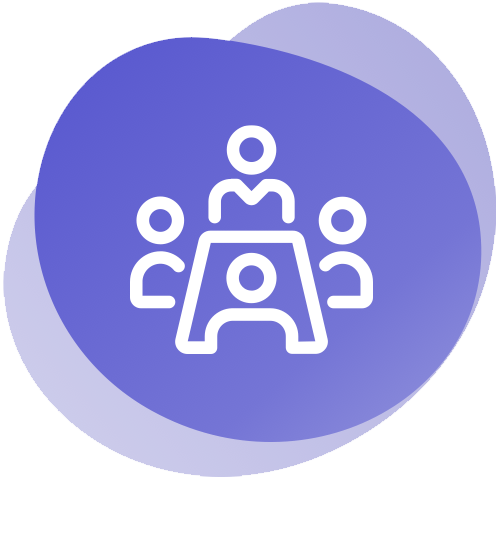
Mentor of FASD clinics across Canada
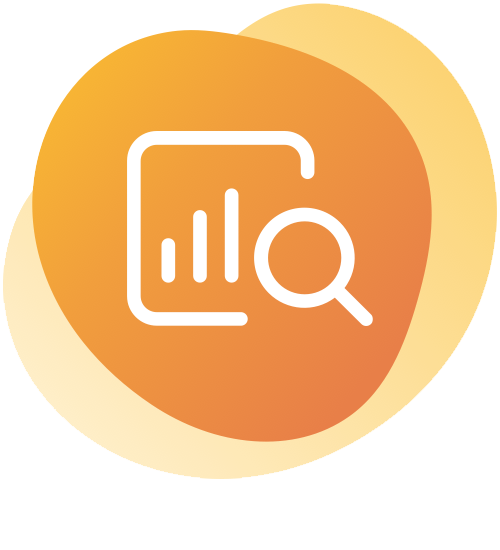
Involved in FASD research
Where can I access FASD resources?
Surrey Place has a variety of resources for people with FASD, their families and caregivers, and professionals who work with FASD:
- FASD Resource List – Web resources, tip sheets and tools for families of children and youth with FASD.
- How to Help a Child with FASD with Memory Challenges – Learn how to help a child with FASD feel confident when experiencing memory challenges while learning.
- How to Teach a Child with FASD Using Repetition – Strategies to help children with FASD in a learning environment.
- How to Advocate for Your Child or Youth with FASD – Tips to remove barriers for your child or youth with FASD by advocating in your community.
- How to Consider “Developmental Age” When Teaching Your Child with FASD – Understanding “Developmental Age” when teaching your child with FASD.
- How to Explain FASD to Your Child or Youth – Tips to explain what FASD is, how your child or youth may be affected by it, and available supports.
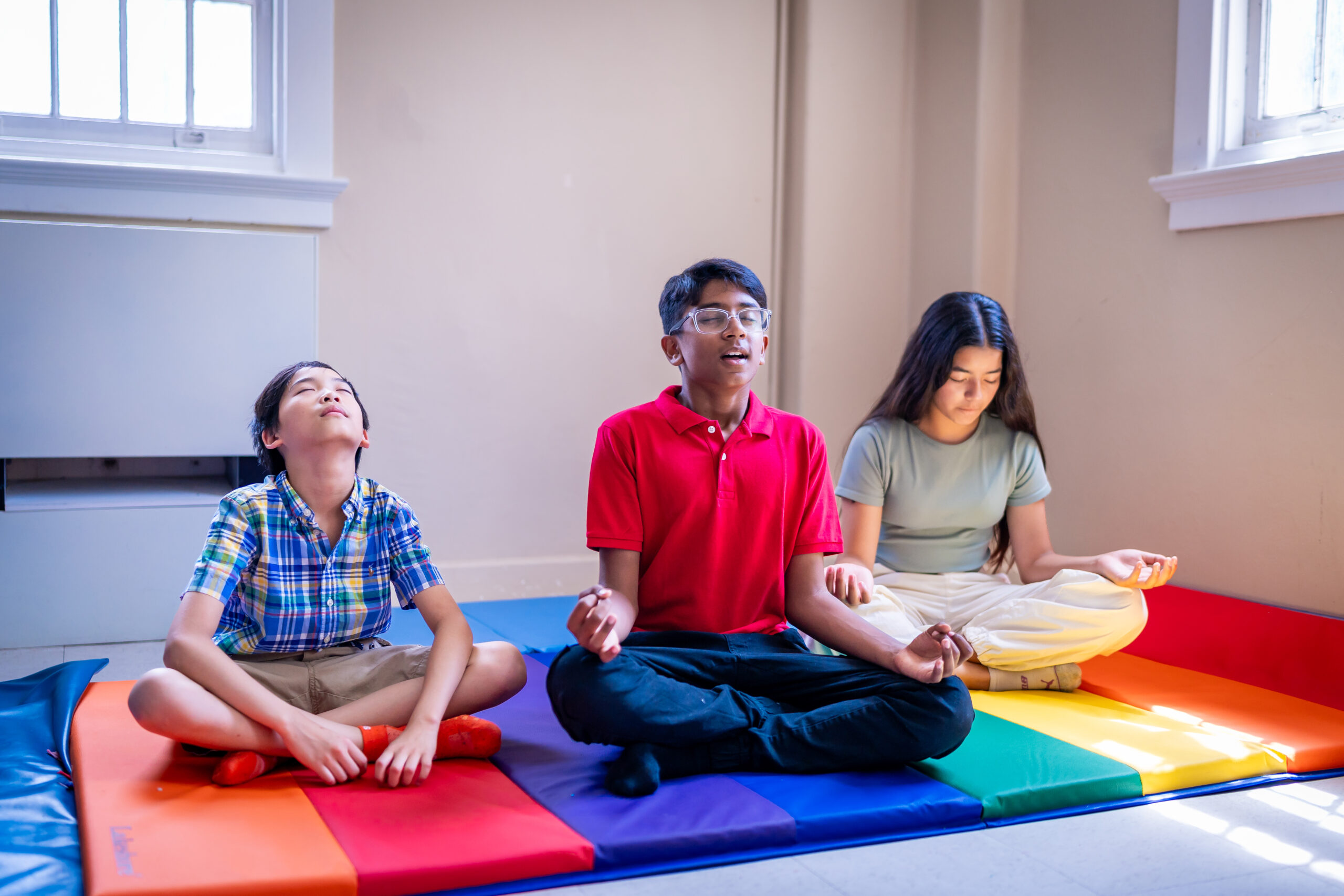
Wellness Events
Did you know that we offer free events for clients, caregivers and professionals?
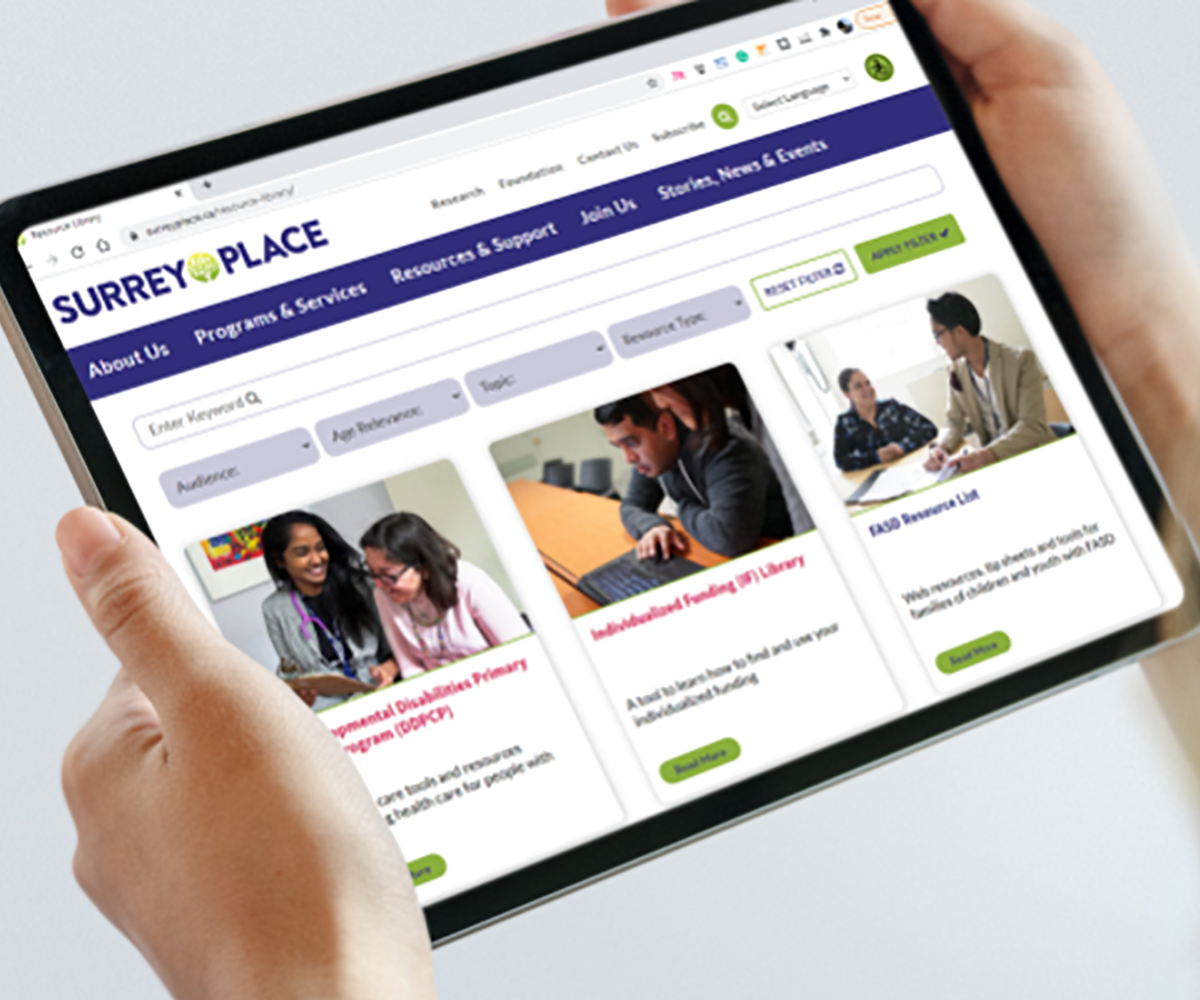
Resource Library
Find accessible information developed by our clinicians to help you on your journey.